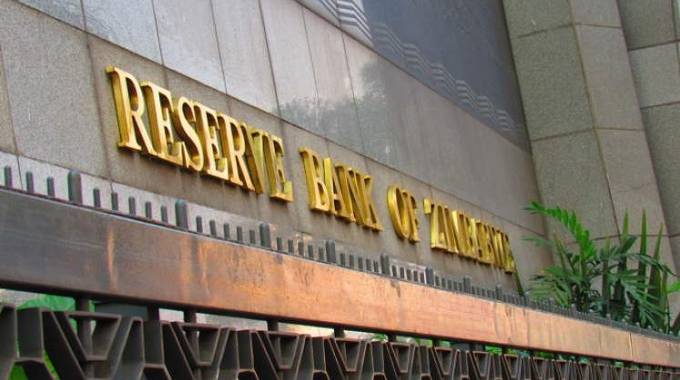
The Sunday News

IN the wake of the Reserve Bank of Zimbabwe Governor, Dr John Mushayavanhu’s recent monetary policy statement introducing a new currency, the Zimbabwe Gold (ZiG), the call for discipline in the financial sector has never been more urgent.
The decision to unveil a new structured currency signals a critical juncture in Zimbabwe’s economic trajectory, demanding a concerted effort towards stability and sustainable growth.
In introducing the new currency, Dr Mushayavanhu said it was meant to foster simplicity, certainty and predictability in monetary and financial affairs.
Speculation, a pervasive phenomenon in financial markets, poses a significant threat to the success of this new currency regime. The allure of quick profits through speculative activities can destabilise exchange rates, trigger inflationary pressures and erode public trust in the financial system.

Gold
To safeguard the integrity of the new currency and ensure its success, market participants, financial institutions and policymakers must exercise prudence and restraint in their actions.
Allaying fears by possible speculators, the Governor said the new currency will be backed by a composite basket of reserves comprising foreign currency and precious metals.
“ZiG shall at all times be anchored and fully backed by a composite basket of reserves comprising foreign currency and precious metals (mainly gold), received by the Reserve Bank as part of in-kind royalties and kept in the vaults of the Bank. Foreign currency balances will be accumulated through market purchases from the 25 percent surrender requirements as well as sale of some precious metals received as royalties,” said Dr Mushayavanhu.
As of last Friday, the RBZ had reserve assets of US$100 million in cash and 2 522kgs of gold (US$185 million) to back the entire local currency component of reserve money which stands at ZW$2,6 trillion requiring full (100 percent) cover of gold and cash reserves amounting to US$90 million.

The gold and cash reserve holdings with RBZ represent more than three times cover for the local currency being issued.
Discipline in the financial sector is therefore not merely a suggestion but a vital necessity in navigating the complexities of monetary reform.
Responsible practices, transparency and adherence to regulatory guidelines are essential pillars that underpin a robust and resilient financial ecosystem.
By eschewing speculative behaviour and prioritising long-term economic sustainability, stakeholders can contribute to the stability and prosperity of Zimbabwe’s financial sector.
It is crucial to emphasise the importance of maintaining fiscal discipline to ensure the country’s financial stability and prosperity. By upholding discipline in financial management practices, Zimbabwe can effectively navigate the challenges that come with transitioning to a new currency regime.
On their part, the RBZ has committed to pursuing a tight monetary policy to guarantee price and exchange rate stability which are the key ingredients necessary to sustain the desired optimal currency mix in the economy.
Dr Mushayavanhu said the RBZ’s commitment to strict adherence to the full principles of ZiG, including full backing of reserve money will sustain the currency stability.

“I, therefore, call upon all stakeholders to continue observing good business ethics and pricing models to complement the Reserve Bank’s efforts to sustain price and financial system stability which is critical for sustained and inclusive economic growth and development,” said the RBZ governor in concluding the policy presentation.
So, as Zimbabwe embarks on this new chapter with the introduction of a new currency, the onus is on all stakeholders to uphold discipline, integrity and accountability in their financial dealings. Let us heed the lessons of the past, learn from past mistakes and work together towards a future where sound financial practices serve as the bedrock of Zimbabwe’s economic revival.
In fostering a culture of discipline and prudence, we pave the way for a brighter and more prosperous tomorrow for our nation and its citizens.
By working together and adhering to sound financial principles, Zimbabwe can build a strong foundation for sustainable economic growth and development.
Let us support each other in this endeavour and strive toward a brighter future for all Zimbabweans.






